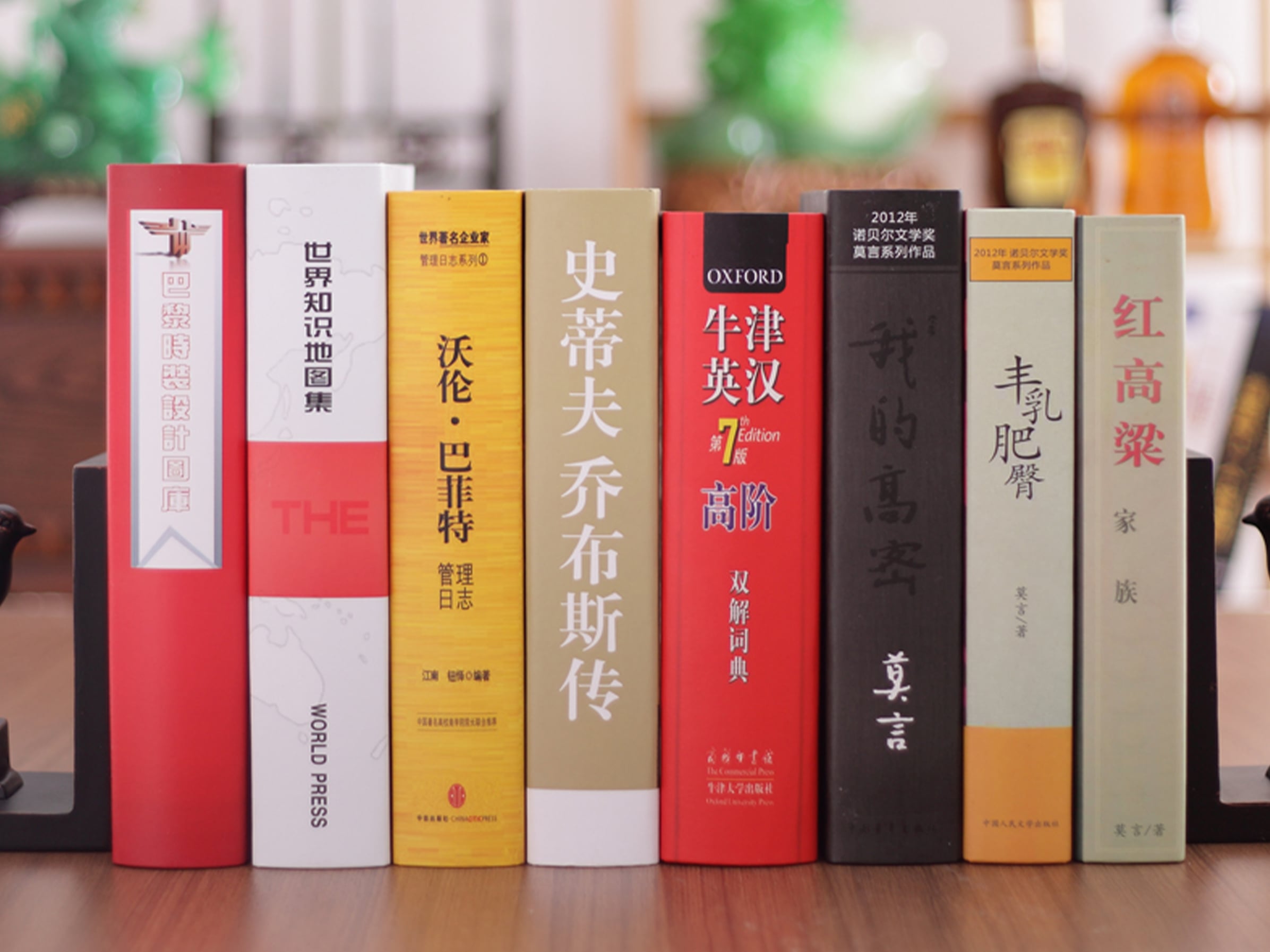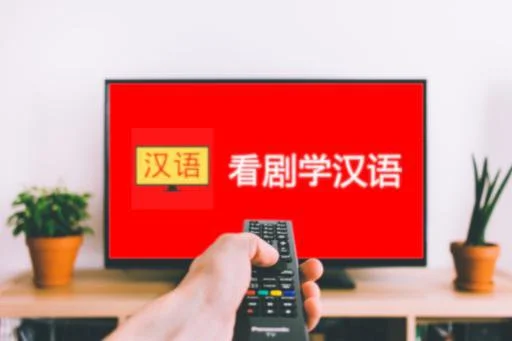In this month’s edition: Chinese as a global language, Chinese drinking culture, cat slaves, financial advise, computerized chopsticks and last but not least: finally understanding the Chinese news.
June has been a good month in terms of extensive listening for me. Recently I’ve been visiting Dong Chinese Media a lot to find interesting content for my Chinese vocabulary notes. Because their mostly short videos come with transcript, they make good study material. Even to practice pronunciation, since you can simply click on a sentence to repeat it. Their media feed is being updated regularly and offers a great variety of topics for almost all levels. Also, I’ve been listening to the German YouTuber 老雷’s fascinating story about his walking adventure from Beijing to Germany.
And I heard about the new Harry Potter Chinese audiobook, recorded by professional Chinese voice actors and available on Ximalaya. The first chapters are free of charge. Much better of course than the amateur recordings you find on YouTube.
Will Chinese Replace English as the Global Language?
Will Chinese replace English as a global language? And why did English become a global language, where as Chinese doesn’t have and never had this status? Li Can discusses these and other questions. This video got a HSK 3 classification by the Dong Chinese team, although HSK 5 is closer to the mark. There’s no way to discuss such a complex topic with a HSK 3 vocabulary, Li Can does a great job though.
| 全球性的语言 | quánqiú xìng de yǔyán | global language |
| 霸主 | bàzhǔ | overlord |
| 霸主语言地位 | bàzhǔ yǔyán dìwèi | language with a dominant position |
| 文化输出了 | wénhuà shūchūle | cultural export / (American) culture has been “exported” |
| 海外探索 | hǎiwài tànsuǒ | overseas exploration / to explore overseas |
| 扩张 | kuòzhāng | to expand |
| 一带一路 | yīdài yīlù | Belt and Road / historical silk road |
| 取代英文 | qǔdài yīngwén | to replace English (as a global language) |
Chinese University Girl Studying in US Shocked By American Culture!
If this is Chinese-American culture shock, I’m amused but far from flabbergasted. Americans drink tap water, Americans give tips in bars, Americans look very differently from each other, not all Americans streets are safe at night… Could it be that American culture is so present in China that this Chinese graduate student in the interview has been mentally prepared to such an extent that there are no real surprises left, apart from micro-level differences? She might even have a bigger culture shock moving to Inner Mongolia to live with local horse breeders. Nonetheless, ninety minutes of completely transcribed conversation about cultural differences between the US and China.
| 中美文化差异 | Zhōng měi wénhuà chāyì | cultural differences between China and the United States |
| 学籍 | xuéjí | student status |
| 申请 | shēnqǐng | application |
| 录取 | lùqǔ | admission |
| 间隔年 | jiàngé nián | gap year |
| 衣着 | yīzhuó | clothes |
| 多样性 | duōyàng xìng | diversity |
| 给小费 | gěi xiǎofèi | to give tips |
| 小费文化 | xiǎofèi wénhuà | tipping culture |
| 烘干机 | hōng gān jī | dryer |
| 杀菌 | shājùn | to sterilize |
| 犯罪率 | fànzuì lǜ | crime rate |
| 流浪汉 | liúlàng hàn | tramp |
| 被震惊到 | bèi zhènjīng dào | to be shocked |
| 水龙头的水 | shuǐlóngtóu dé shuǐ | water from the tap |
| 过滤 | guòlǜ | filter |
Learn Chinese Through News
Always when I felt confident about my level of “listening comprehension”, watching the CCTV news woke my from my dream, because it seemed like a related, yet different language than what I had been learning so far. If you have the same experience, this video might be helpful. It explains the CCTV news on a word by word basis in a way that even the tiniest details start making sense.
| 收看 | shōukàn | to watch |
| 新闻联播 | xīnwén liánbò | Chinese news broadcast (network news broadcast) |
| 本轮 | běn lún | this round |
| 上海本轮疫情以来 | shànghǎi běn lún yìqíng yǐlái | Since the current round of epidemic in Shanghai |
| 平凡 | píngfán | ordinary |
| 行动 | xíngdòng | action |
| 无私 | wúsī | selfless |
| 奉献 | fèngxiàn | to dedicate |
| 抗击疫情 | kàngjí yìqíng | fight against the epidemic |
| 守护 | shǒuhù | to guard |
| 共同 | gòngtóng | together |
「 智能筷子 」 Speak Chinese with Da Peng
Japanese researchers have developed computerized chopsticks that enhance salty tastes. The idea is to help those who need to reduce sodium in their diets. Da Peng explains this new development in his clear and unique way.
| 智能 | zhìnéng | intelligent, smart |
| 智能筷子 | zhìnéng kuài zǐ | smart chopsticks |
| 清淡无味 | qīngdàn wúwèi | light and tasteless |
| 装置 | zhuāngzhì | device |
| 饮食习惯 | yǐnshí xíguàn | eating habits |
| 一饱口福 | yī bǎo kǒufú | A real treat |
| 魔法 | mófǎ | magic |
| 犯困 | fànkùn | sleepy |
| 口味 | kǒuwèi | taste |
酒桌上的中国
Chinese drinking culture was the topic from my latest online Chinese lesson and we covered some common drinking vocab like 嗜酒如命 and 灌酒 or 喝趴下了. I had to slow down the video and repeat it several times to get all the details.
| 嗜酒如命 | shì jiǔ rú mìng | drink like a fish; alcoholic |
| 劝酒 | quànjiǔ | Persuade to drink |
| 灌酒 | guàn jiǔ | lit. to pour wine / alcohol, meaning “drinking fast and in large quantities” |
| 给面子 | gěi miànzi | Give face |
| 看不起 | kànbùqǐ | to look down on |
| 干一杯 | gàn yībēi | to drink up |
| 趴下 | pā xià | to fall; to get drunk |
| 商场 | shāngchǎng | business field |
| 官场 | guānchǎng | officialdom; official circles |
| 尽情享受 | jìnqíng xiǎngshòu | to enjoy oneself to the full |
Cat slave
Are you a 猫奴 or do you know people around you who are? Another short dialogue from the “课本上学不到的汉语” series by GoEast Mandarin. They are great at creating this kind of both original and “snackable” learning content.
| 猫奴 | māonú | cat slave |
| 过敏 | guòmǐn | allergic |
| 对 X 过敏 | Duì X guòmǐn | allergic to |
如何在经济衰退中挣钱?
Did somebody say economic recession (经济衰退)? If the economic recession indeed is inevitable, then we might as well face the fitting Chinese vocabulary. This video covers how to deal with the new economic climate by taking a look at some “smart money” tactics and 暴富机会 in particular, because our optimistic friend Peng Peng believes that where others are losing money, you can get rich.
| 经济衰退 | jīngjì shuāituì | economic recession |
| 财务 | cáiwù | finance |
| 财务危机 | cáiwù wéijī | financial Crisis |
| 失业 | shīyè | unemployment |
| 房贷 | fángdài | mortgage |
| 房贷断供 | fángdài duàn gōng | mortgage Suspension |
| 暴富机会 | bào fù jīhuì | get rich opportunity |
| 大佬们 | dà lǎomen | big guys |
| 投资股市 | tóuzī gǔshì | to invest in the stock market |
| 股票 | gǔpiào | stock |
| 熊市 | xióngshì | bear market |
That’s it for this month. Enjoy the summer, learn Chinese and see you in July!




